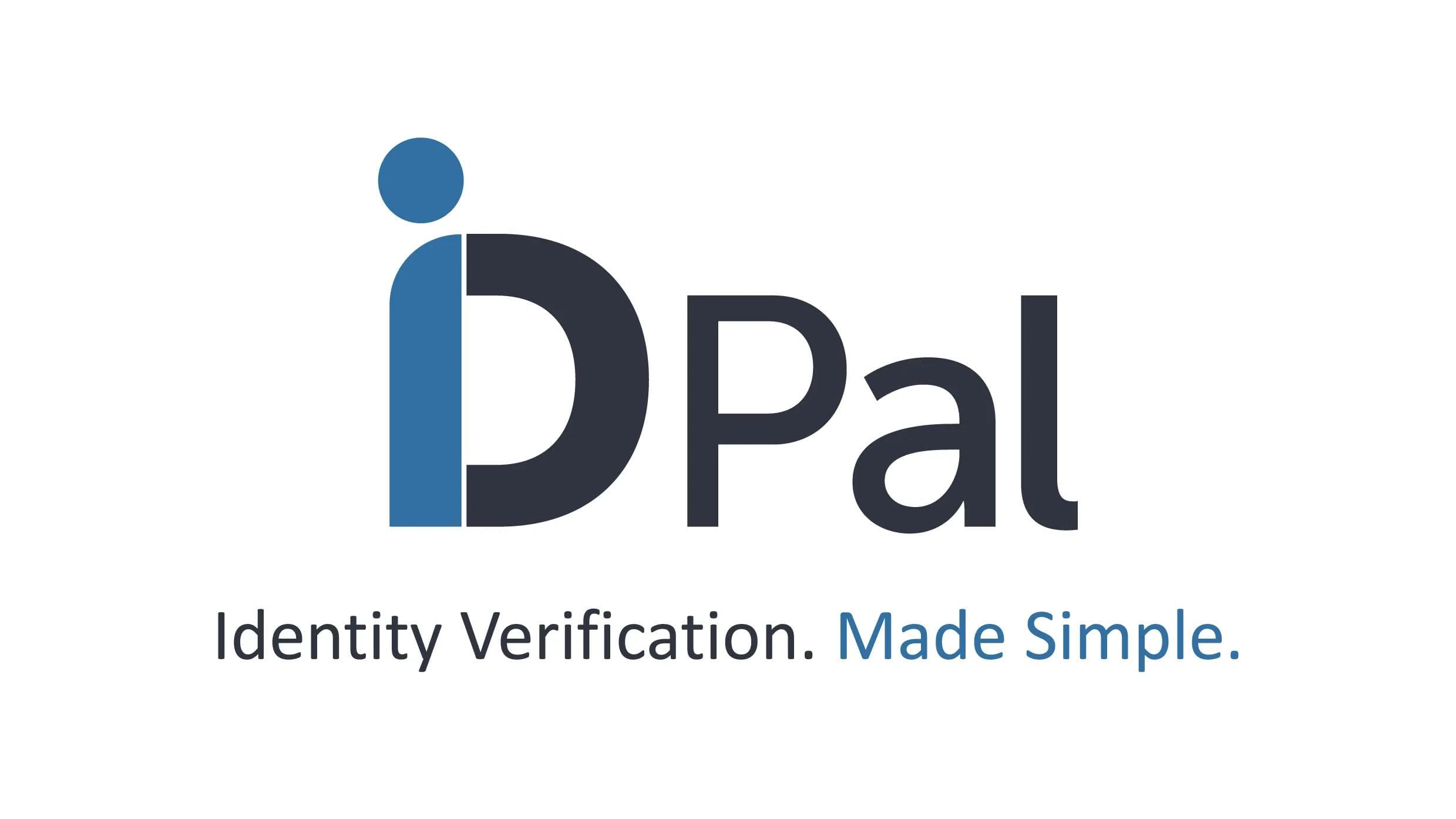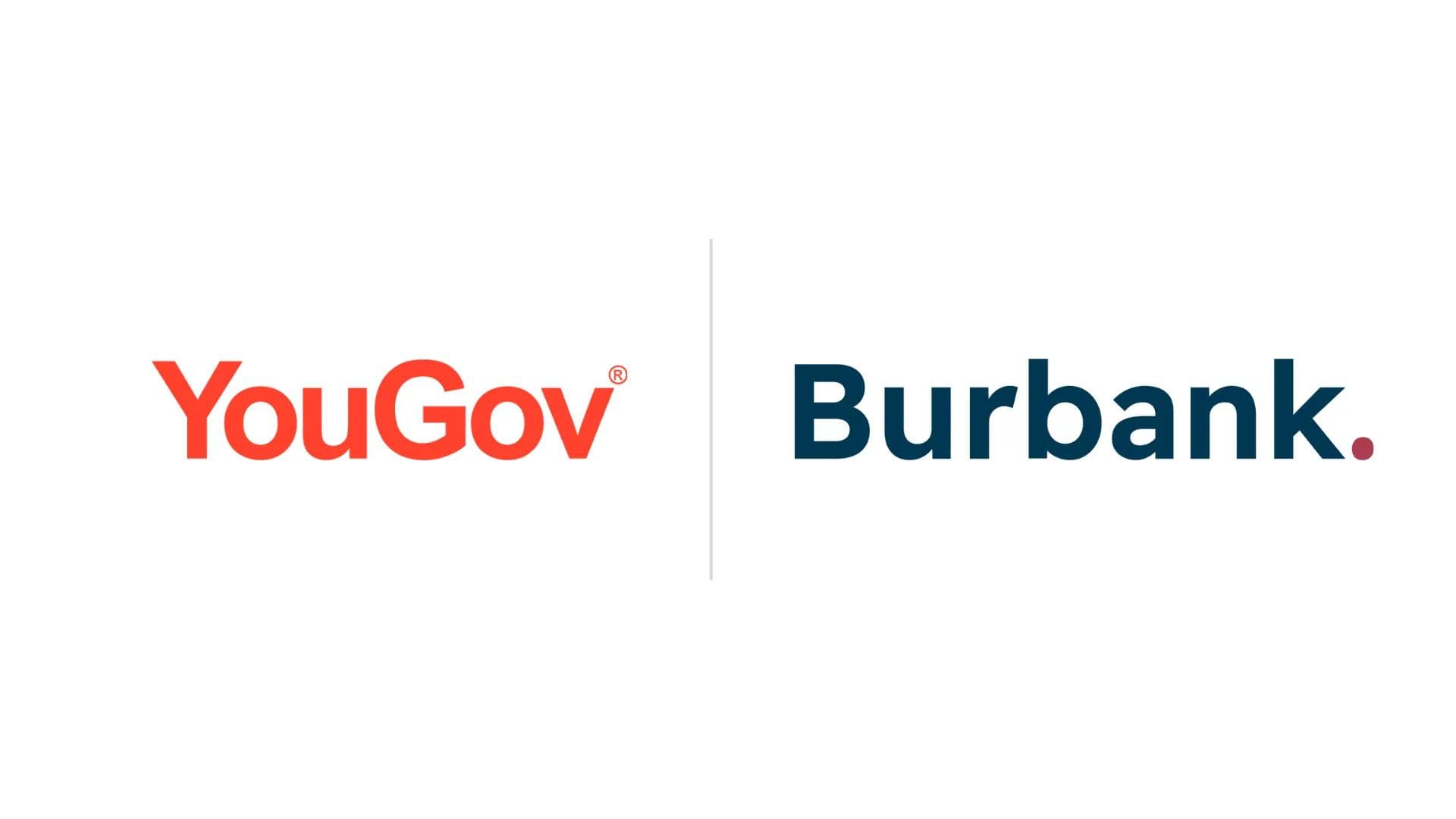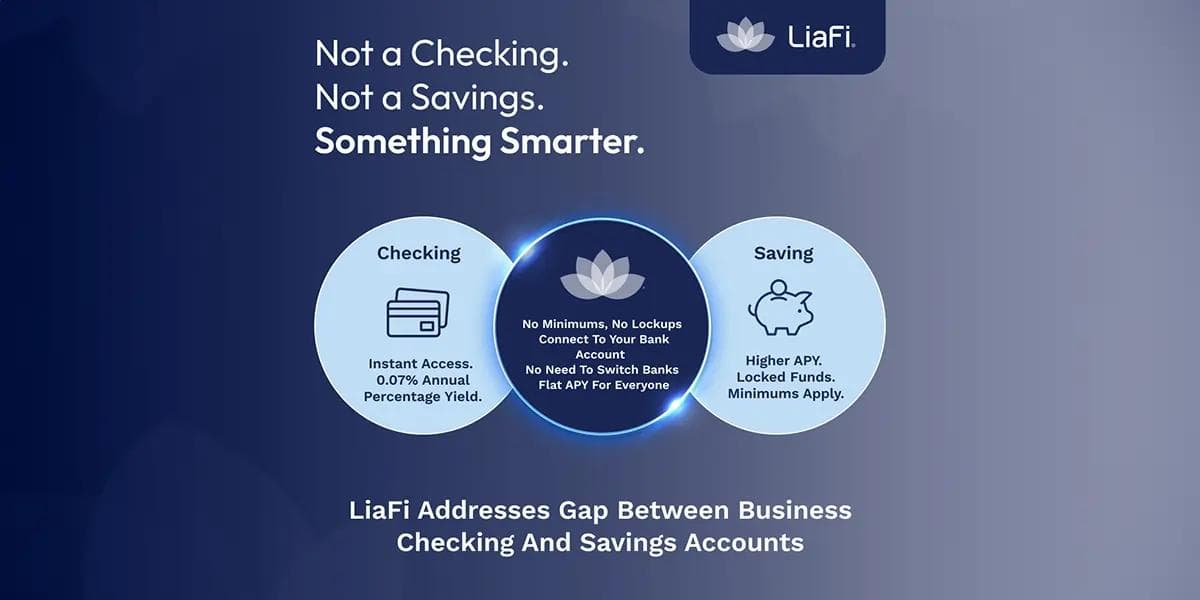A look forward into 2021 and beyond
A look forward into 2021 and beyond
Published by linker 5
Posted on February 16, 2021

Published by linker 5
Posted on February 16, 2021

By Rupert D.E. Brown, CTO Evidology Systems
The first 5 weeks of 2021 have already set the likely tone for relations between the UK and the EU, with a number of skirmishes regarding paperwork, inspections and export controls. Whilst Covid will continue to dominate the headlines until at least the middle of the year, the clarification of what “equivalence” really means and how it will be maintained is the largest elephant amongst the herd in the Finance Sector room.
In the meantime, we must assume that equivalence will become a convenient political football in the imminent months, coming to the fore if more “Wirecard” or “autonomy” style scandals occur, enabling EU and Brexit protagonists to wag fingers at each other yet again.
Elections in France are also likely to draw attention to it, if President Macron continues to feel threatened by Marine Le Pen and seeks to strengthen his already protectionist views.
Barclays CEO Jes Staley’s comments at the start of February about the UK Financial Sector focussing on opportunities away from the EU in North America and Asia is clearly intended to take out some of the “schadenfreude” that is lurking on both sides of the Brexit divide and which will last for several years.
There has already been a lot of commentary on how the Covid pandemic has changed the nature of work and the reduction in long distance commuting to financial centres.
IT and other offshoring activities had already enabled financial services to be well placed in reacting to the pandemic and migrating to large-scale remote working. After all, only algorithmic trading still needs to have optimal physical proximity for low latency.
Covid focussed attention on the rather mundane topics of necessity, dispersal and resilience – innovations have happened during the pandemic in many sectors, the majority of which were driven by clear requirements to solve immediate problems.
It will be some time before the world economy recovers properly from the pandemic and we should continue to guard against some of the innovation “froth” that continues to lurk at the margins in finance. We should keep asking the question what near-term problems a “shiny tech” rather than “real issue first” approach can actually deliver on.
The commercial real estate sector is already trying to promote the use of redundant physical office space as necessary “innovation hubs” and, whilst their objective to reduce the losses they will face on future physical demand is understandable, it is not really a strong enough argument yet.
If the release from lockdown is going to be delayed by significant Covid mutations then all business sectors need to focus on making dispersed workforces more productive with fewer “I’ll just put you on hold” moments that I am sure the majority of readers have encountered in the past year.
Although SMCR has been on the statute books for some time, supporting technology platforms and day-to-day cultural changes have still got to work their way through organisations.
The switch to dispersed working and a stronger focus on the to-do list of corporate risk registers are also likely to prompt increased scrutiny from regulators.
It would be interesting to know how much impact Covid has had on senior decision making processes in organisations over the past year, not just the headline death figures, but the delays and reorganisations induced by illness in both the short and long forms of the disease.
Digital regulation and machine readability will rumble on as topics, in tandem with Open Banking as technologists seek to codify the supply chain from legislator all the way through to regulated entities.

Rupert D.E. Brown
Much of the effort at the moment seems to be still focussed on derivatives processing with the codification of processing and reporting activities based on formal specification languages.
Whilst valuable, this is only a small area of the challenge of what perhaps should be called “straight through compliance” to coin a variation of a once-familiar phrase.
If there is a real commercial and technical appetite to try and slay the regulatory dragon then we need to start at source. In how many different ways do financial regulators publish and update their regulations? The lowest common denominator and by far the majority of current content is delivered by the PDF format document. It may be digital, but it is linguistically and structurally opaque – for example, the French regulator AMF provides an English translation of its rulebook but this is caveated by the note that only the French version is valid in any legal dispute.
It should also be noted that in the UK the FCA and PRA do not share a common publishing technology platform or naming convention for their rulebooks.
Open Banking and APIs were one of the noisiest marketing topics during the dog days of lockdown in 2020, with a number of virtual conferences to rally the troops.
However, whenever the Open Banking API proponents are challenged on how to codify the nature of “trust” and shared “risk appetite” they always shy away from describing the fundamental tenets that define the relationship between provider and customer.
Another potential flaw with Open Banking is that it is very focussed on exposing groups of functional APIs within business units rather than end-to-end information and operational workflow states that also need to be uncovered, especially around approval processes.
Many services and generic workflow technology companies have tried to keep KYC issues in the spotlight – often using the headline fines dished out for AML failures such as the recent US Capital One incident to justify their claims that things can be done better.
Surprisingly, we are not seeing any substantial investigative press reporting of real-world KYC issues that are affecting the day-to-day operations of small businesses and the not-for-profit sector in the UK, and I rather suspect elsewhere too.
The author has direct personal experience of this, with all four of the UK high- street banks and has had to resort to the FS Ombudsman on more than one occasion.
One of the root causes of this problem lies in the linkage between the KYC processes of the banks and the data held at Companies House.
There needs to be a “near real time” flow of both corporate actions data from Companies House (and its overseas equivalents) and also the “tell me once” service used alongside the issuing of death certificates, not forgetting the UK Probate Service.
Daily batch interchanges and 3-5 years of look-back buffers will probably do but at the moment the only beneficiary of the current system is the Post Office – Covid’s ruthless march past the 100,000 mark in the UK has created a significant extra workload for both the public and private sectors that has made both the personal and commercial sensitivities around post-death administrative processes ripe for significant improvement and automation. Open Banking proponents take note.
Even before the pandemic banking and finance corporations were at a crossroads, trying to decide whether to take a “tech first” approach to try and maintain relevance with the younger demographic or a “needs first” approach, to satisfy politicians and regulatory “debt” still lingering after the 2008 crash.
Covid should have decisively tilted the balance in favour of “need”, but we have yet to see this play out in the marketplace. We can expect a significant shakeout of pure consulting companies in the coming months and a realignment to product-based foundations.
Despite the energy expended on various hackathons and innovation hubs there seems to be little of substance being delivered and perhaps now is the time to rethink how best to make things work better.
Explore more articles in the Top Stories category











